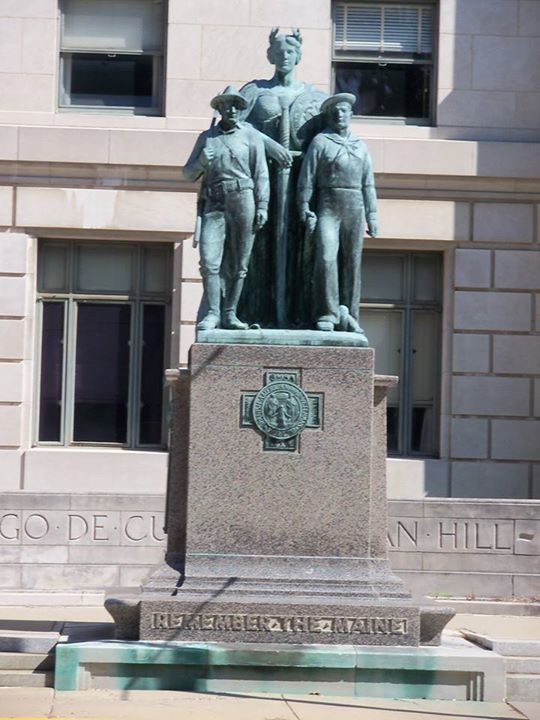
Wednesday, 25 February 2015
For I delivered to you first of all that which I also received: that Christ died for our sins according to the Scriptures, 1 Corinthians 15:3
Paul will now review “the gospel which I preached to you” which he mentioned in verse 1. This is not all-inclusive of his teaching, but it is, as he says, what “I delivered to you first of all.” This is an idiom which is found in the Greek translation of the Old Testament in Genesis 33:2 and 2 Samuel 5:8. It is the placing something before other things. His words then are those which are of paramount importance in understanding the work of Christ.
It needs to be considered that this letter is written about 25 years after the time of the resurrection. At this early point in Christian history, these tenets were passed on, understood, and held in the highest regard as points which were to be communicated during a gospel presentation. What he writes here closely matches the words of the Apostle’s Creed.
It should also be noted that a portion of what he will state is not recorded anywhere in the gospels. For that reason, he says, “that which I also received.” These words are a claim of divine inspiration. This then is what he is referring to in Galatians 1 –
“But I make known to you, brethren, that the gospel which was preached by me is not according to man. 12 For I neither received it from man, nor was I taught it, but it came through the revelation of Jesus Christ.” Galatians 1:11, 12
The first point of his “first things” is “that Christ died for our sins.” Christ wasn’t just a martyr who did a good deed in giving up his life for another. Rather, He came with the specific intent and purpose of destroying the sinful state in which man exists, and which has been inherited in all men since the fall of man. Christ’s death was an atonement for sins committed, and an expiation of those sins, carrying them away, never to be held against His people again. He died in place of us (a vicarious offering) so that we could be reconciled once again to our Creator. In Christ’s death, our sins are nailed to His cross and we die to sin with Him. If this didn’t occur, then we would remain in our sins; forever separated from God.
This is where the hope begins, and so this is where Paul begins with his “first things.” And this death of Christ was “according to the Scriptures.” It must be remembered that there was no New Testament at the time of Paul. There were only the Hebrew Scriptures. Some of the gospels may have been recorded, and Paul was in the process of writing his epistles, but none were considered as “Scripture” at this point. Therefore, this is an explicit reference to the fact that the atoning death of Christ is referred to in the Old Testament.
And sure enough, it is found in every type and picture imaginable. It is also found in specific writings such as the psalms and in Isaiah. These truths may have been veiled, but upon completion of His work, they become clearly understood. All of Scripture speaks of the Person and work of Jesus Christ.
Concerning these “first things” that Paul speaks of in this verse and the verses to come, the Pulpit commentary notes seven points that are worthy of being repeated here –
- It is the completest summary.
- It refers to some incidents which are not mentioned in the Gospels.
- It declares that the death and resurrection of Christ were a subject of ancient prophecy.
- It shows the force of the evidence on which the apostles relied and the number of living eye witnesses to whom they could appeal.
- It is the earliest written testimony to the Resurrection; for it was penned within twenty-five years of the event itself.
- It shows that the evidence for the Resurrection as a literal, historical, objective fact, was sufficient to convince the powerful intellect of a hostile contemporary observer.
- It probably embodies, and became the model for, a part of the earliest Creed of the Church.
Life application: Christ died for our sins. Let us not continue to live in sin, but to live in Christ, holy and undefiled.
Heavenly Father, I see time and time again in the New Testament that the writers say that a truth about Jesus is “according to Scripture.” And yet, there was no New Testament at that time, only the Old Testament. How wonderful it is to see that the coming work of Messiah was so clearly and plainly recorded in the Old so that when He came, it would be perfectly apparent to all that He is the fulfillment of what was written. Our hope isn’t in the words of man, but in what You have revealed since the beginning. I have the surest hope of all; I have Jesus! Amen.


